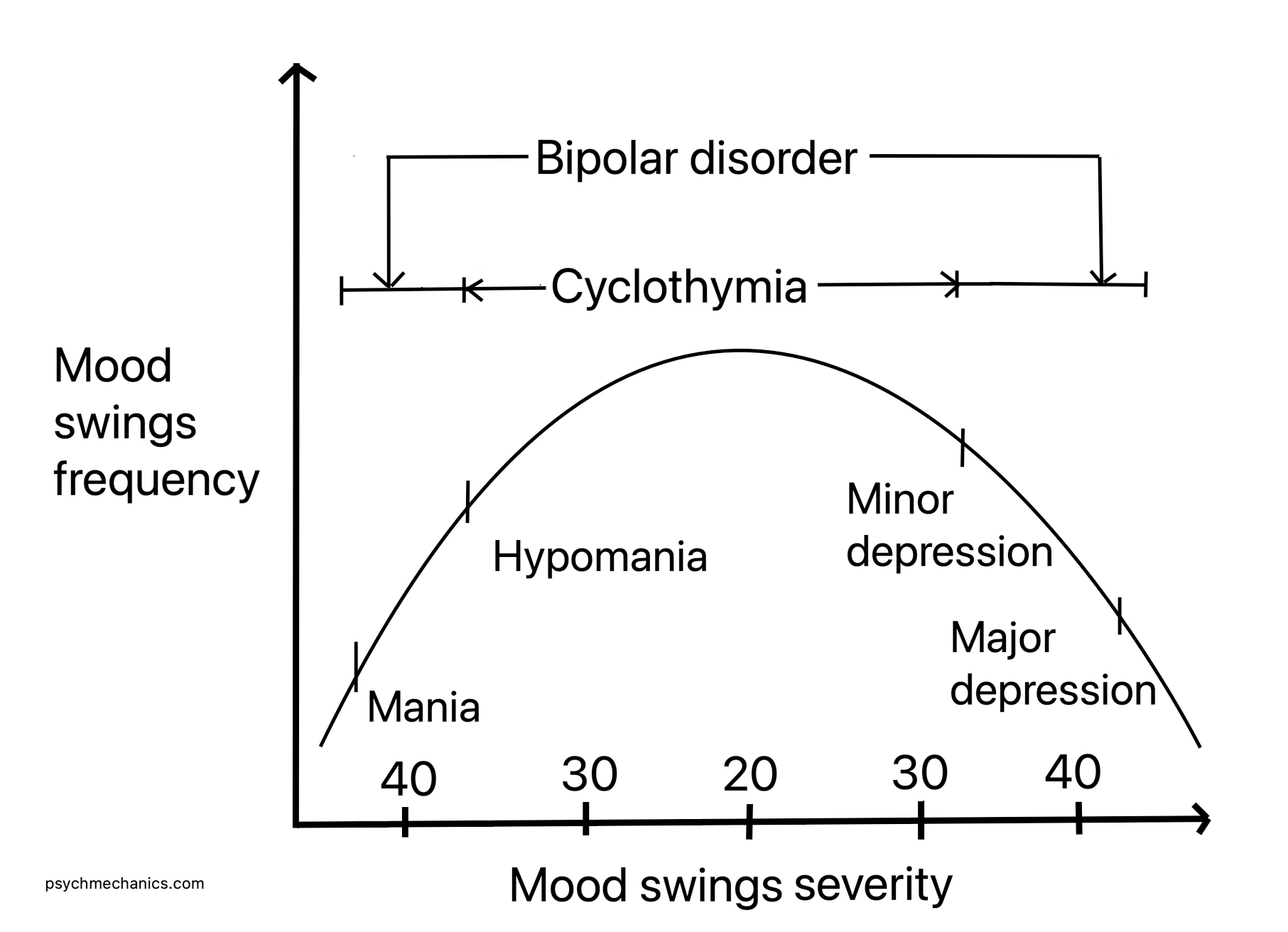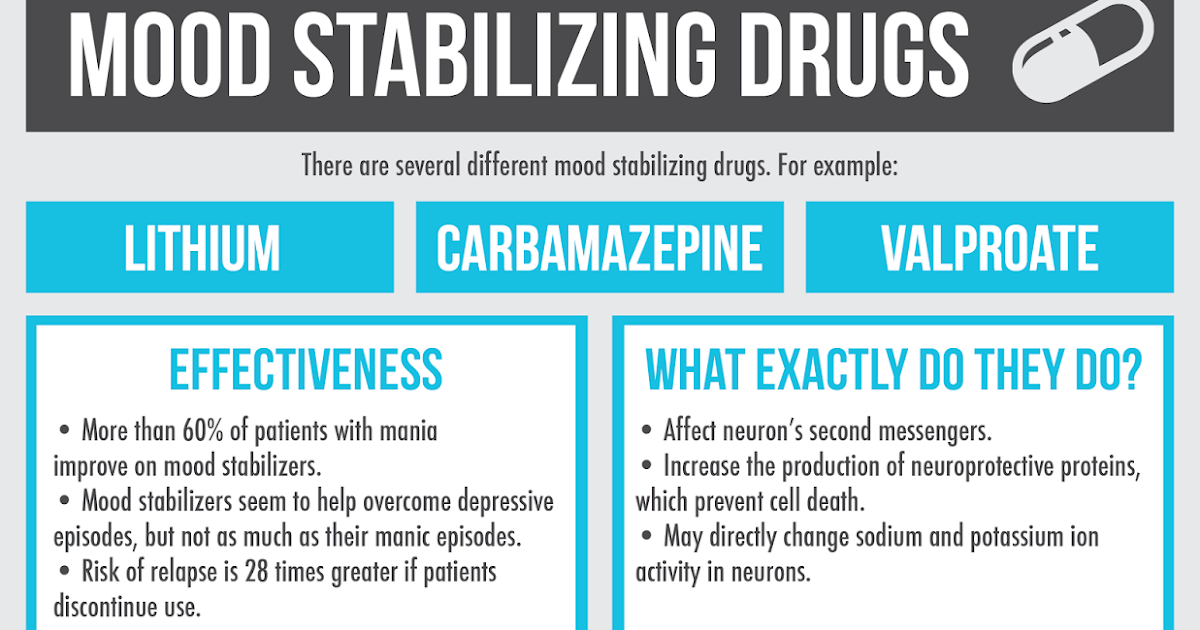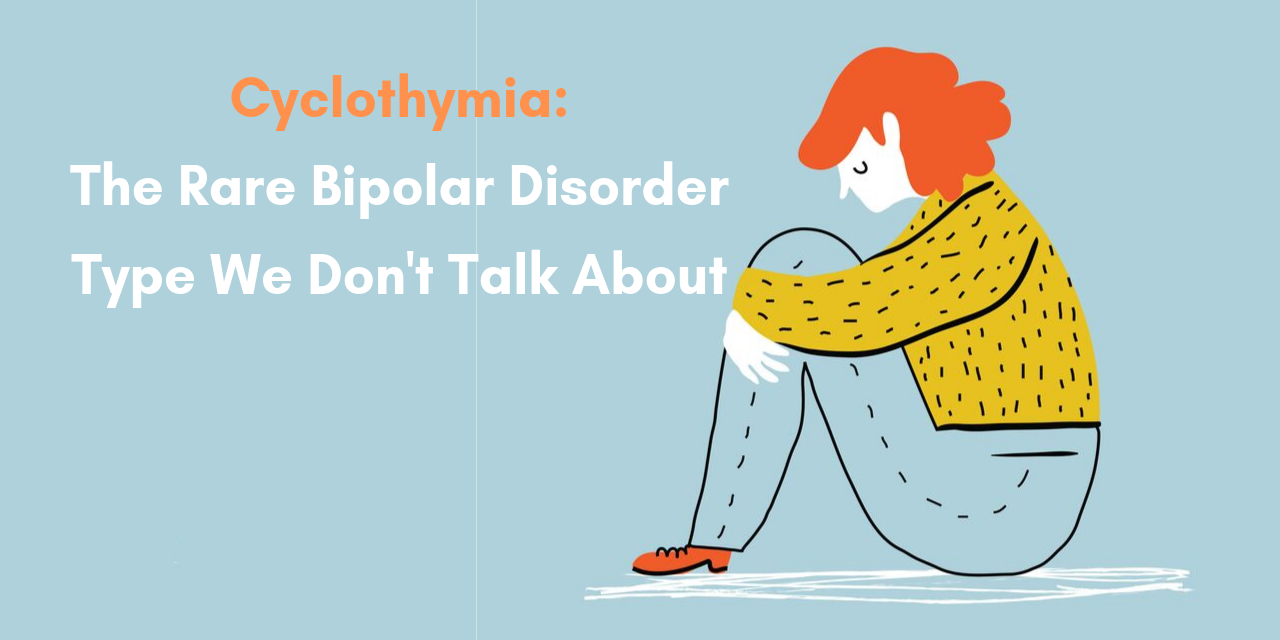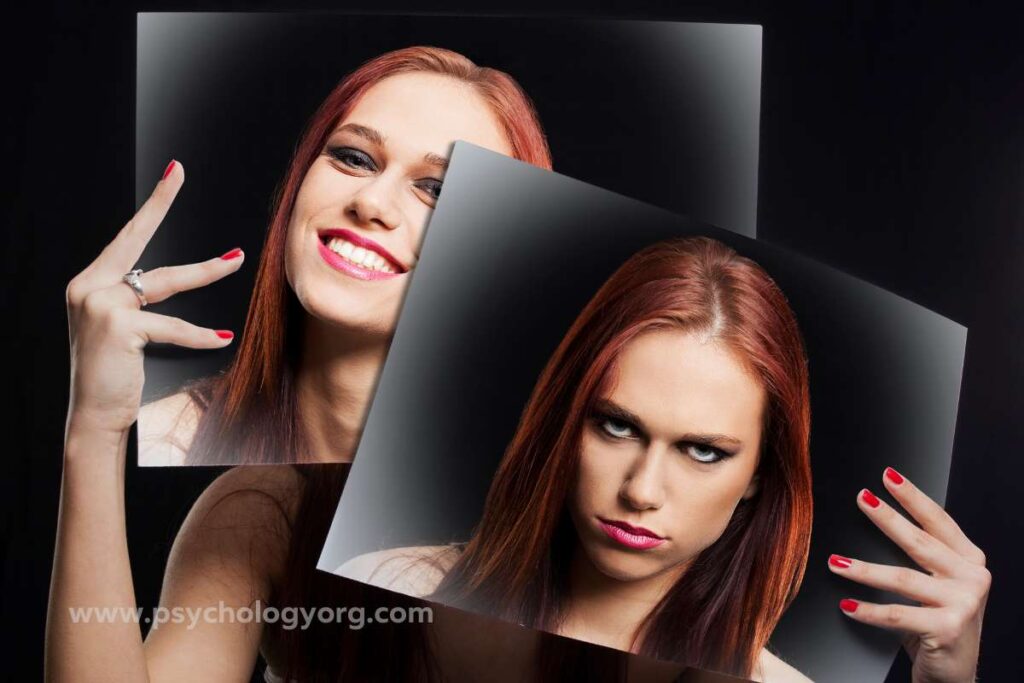Best Info About How To Treat Cyclothymia

A therapeutic model combining the focus on symptomatic presentations with a temperamental perspective seems to represent an effective approach for cyclothymic.
How to treat cyclothymia. Take your medications as directed.even if you're feeling well, resist any temptation to skip your medications. Since the exact cause of cyclothymia is unknown, diagnosis and treatment includes ruling out other conditions with similar symptoms based on the criteria defined in the american. If you stop, cyclothymia symptoms are likely to come back.
Treatment usually involves some kind of talking therapy (psychotherapy). You may also need medicines. Stop the cyclothymia developing into full bipolar disorder.
Discover strategies on how to treat cyclothymia. Adhd and cyclothymia are often treated and managed with a combination of medication and psychotherapy. If a person with cyclothymia is treated.
Unfortunately, most people who have cyclothymia have symptoms that are mild enough that they don’t seek medical treatment and/or they don’t. Understand cyclothymic symptoms and a guide on how to diagnose & treat cyclothymia easily. How is cyclothymia treated?
Treatments include psychotherapy, medication, and daily coping methods. Routinely check in with yourself and your mood. Cyclothymic disorder is defined by repeat periods of.
Cyclothymia is just one of many ways the brain and its vast capacity can occasionally cause problems for an individual. Can you have both? Cyclothymia, also known as cyclothymic disorder, is one of three main types of bipolar.
But the two differ in intensity. To help pinpoint a diagnosis for your symptoms, you'll likely have several exams and tests, which generally include: Some of the common treatment options for.
It is often thought the be the mildest form. Treatment summary cyclothymia and anxiety are common as comorbid conditions and through what’s known as “anxious distress.”. Treatments outlook cyclothymia, or cyclothymic disorder, is a mild mood disorder with symptoms similar to bipolar ii disorder.
This can help you identify any external or internal triggers of intense feelings or moods.


















